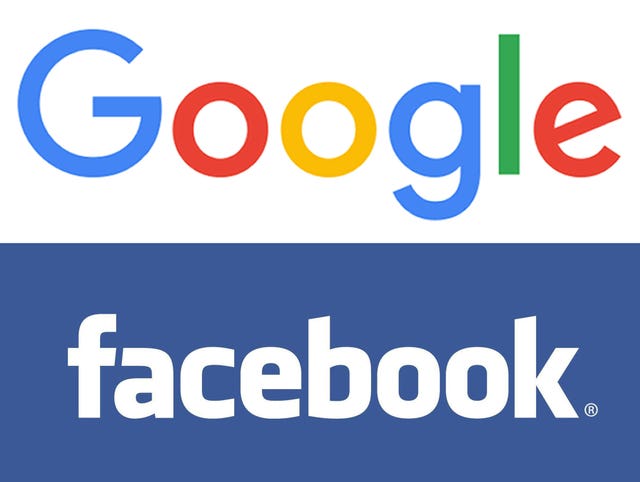Internet giants set out principles for online regulation
The Internet Association said any new online safety rules should strike the right balance between addressing concerns and allowing the sector to grow.

Internet giants have warned ministers not to adopt a “one-size-fits-all” approach to regulation which could restrict growth and innovation.
The Internet Association (IA), which represents firms including Google, Facebook and Twitter, insisted its members were committed to tackling “online harms” and acknowledged more needed to be done to keep people safe.
But in a letter to ministers including Digital Secretary Jeremy Wright and Home Secretary Sajid Javid, they said any new regulations needed to strike a balance between addressing concerns and “enabling the internet economy to grow”.
The IA’s letter represents the industry’s views as the Government draws up its long-awaited Online Harms White Paper.
IA executive director UK Daniel Dyball said: “Internet companies are taking clear, positive steps to engage with government to help reduce online harms, including these policy principles.
“Our members undertake significant action in this area already, and we recognise there’s more to do.
“Creating a system of regulation for the internet is a complex task, and taking a one-size-fits-all approach could jeopardise the social and economic benefits the internet sector has produced. We are committed to working with government to get this right.”

The trade body said new regulations should:
– Be targeted at specific harms, using a risk-based approach
– Be flexible enough to adapt to changing technologies
– Maintain the intermediary liability protections for platforms hosting information posted and shared by users
– Be technically possible to implement
– Provide clarity and certainty for consumers, citizens and internet companies
– Recognise the distinction between public and private communications.
Mr Dyball’s letter to the Government said: “While regulation quite rightly has a role to play in relation to public communications, care should be taken to avoid regulation encroaching into the surveillance of private communications, which should be a matter for individuals.”





